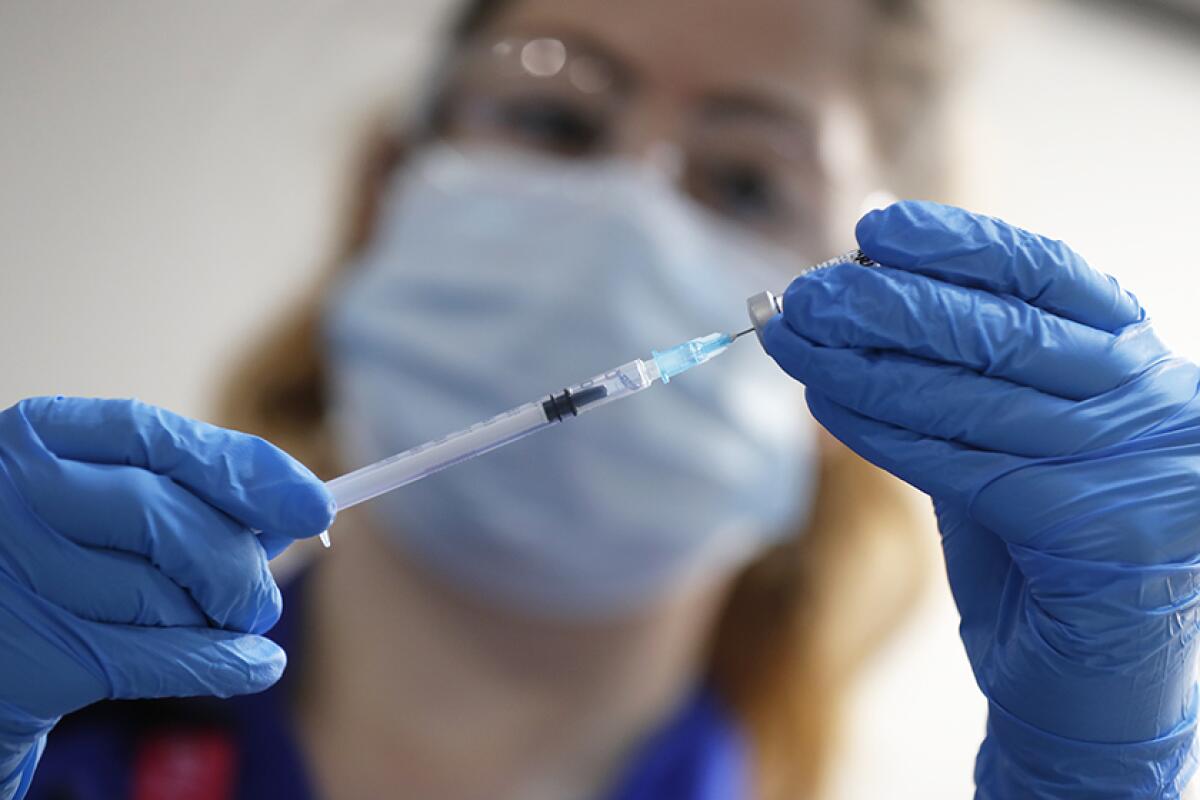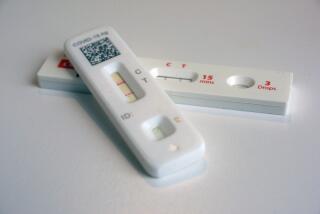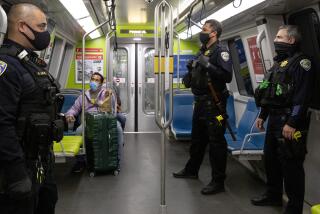Editorial: Lucky me. I got my first dose of COVID-19 vaccine. But why?

The urgent text from a friend came late Friday afternoon: If you want to get the COVID-19 vaccine, go immediately to the website for the UC Irvine healthcare system and schedule an appointment.
I didn’t wait to ask questions. I clicked the link she sent me and, amazingly enough, it looked as though there were plenty of open spaces each morning throughout the holiday weekend. I picked Monday.
Lucky me. The question is, why me? The answer is heart-sinking: Because of disorganized policies at the state level and confusion in the counties. Health authorities are looking to get people vaccinated quickly, a good thing, but that’s resulted in sloppiness and a lack of clarity as officials have set priorities and communicated with the public.
As a 66-year-old, I qualified for vaccination under the state’s new rules even though I’m healthy and not the neediest person around. But I couldn’t have gotten the vaccine without having information from inside the healthcare system that most people don’t have.
Got friends with connections? That’s your best route to being vaccinated, but it’s something that tends to belong to educated white and Asian residents.
The procedure itself was easy and quick. The parking was nearby and free. From the moment I got in line on the UC Irvine campus to the end of my waiting period after the shot (to ensure there was no allergic reaction), no more than 35 minutes had passed. The event had an almost festive feel. Upbeat, chatty workers checked on our progress every step of the way. You could tell they were as happy to be providing life-protecting vaccines as we seniors were to receive them.
They took our temperature and checked our IDs multiple times. I was handed a bottle of water, advised to rotate my inoculated arm to help prevent soreness and questioned about my living situation by a cheerful young woman: Did I live alone? (No.) Did I have adequate supplies of food at home? (Yes.) I was told to expect an email to set up my appointment for a second dose. My upper arm was a tiny bit sore that night, and even less sore the next morning.
A friend of mine was disappointed, clicking on the registration site a little too late to get an appointment. But Monday afternoon, she got a tip via Twitter from a doctor friend: Too few people had shown up at a vaccination clinic at UC San Diego. They had started accepting people 75 and older, and then dropped it to 65. This was the same place where a cluster of allergic reactions to the Moderna vaccine occurred, which could have accounted for the low turnout, but she and her partner got their first doses and are fine.
This is great — and awful. There are people older or frailer than we are, or whose jobs or living conditions put them at higher risk, who are wrestling with Orange County’s main vaccine information site, Othena, hoping desperately for word of where they can be vaccinated and, most of all, when. Othena, a silent oracle, has told them nothing. Others in the county haven’t even heard about Othena.
It’s no coincidence, I think, that almost every client I saw at the vaccination clinic was white, with a few people of Asian descent, even though Orange County is more than one-third Latino.
What about the obese, middle-aged woman who served me the sandwich I bought that afternoon? She’s at higher risk than I. Then there’s the friend in Los Angeles County who has Type 2 diabetes; she’s 64 and overlooked by a state priority list that isn’t based on actual risk.
Meanwhile, frustrated messages ping back and forth on social media among the over-65 set: Has anyone had luck with Othena? Do you have a place to go for your vaccine? I’ve been told March sometime for my group, but the COVID-19-scenario here is frightening right now.
I had spread word about the weekend vaccination clinic to high-risk friends so they could sign up for their own appointments. But that’s not the point. We need rules based on clear priorities that do more than just get out vaccines as quickly as possible. They also need to get them to the people who need them most.
New Jersey has declared that smokers have higher priority than nonsmoking teachers or seniors. You can argue with that at some level — smokers chose their risk factor, I did not control the passage of years. But at least it’s based on the idea of who might be most threatened by COVID-19.
Our priorities for dispensing the vaccine are unclear and unjust. Accidents of geography — living in L.A. County as opposed to Orange or San Diego counties, for example — appear to make more of a difference than one’s risk. Being in the know, or having connections in the know, is key. That’s great for people with lots of social capital. It’s dismaying for public health or public confidence.
(Editor’s note: This piece carries a byline because it offers a personal view from one of the editorial board’s members, and in that respect it’s a different approach from a typical Times editorial, which expresses the consensus of the full editorial board.)
More to Read
A cure for the common opinion
Get thought-provoking perspectives with our weekly newsletter.
You may occasionally receive promotional content from the Los Angeles Times.







